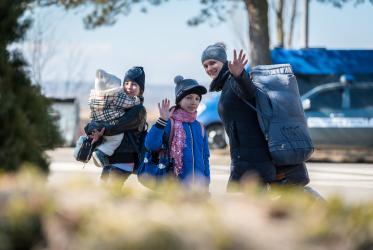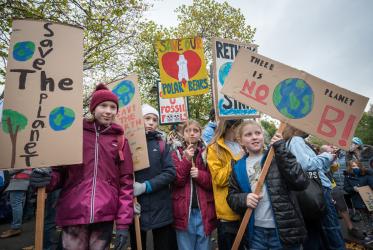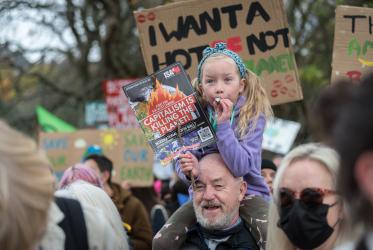We did not realize that we would get so close. We had imagined maybe seeing boats from afar, having to remind ourselves that what we saw in the water was people. As we stood on the beach in Molivos, there was no question about the reality of the situation as the boats came in.
45 people on boats designed for no more than ten. Most of them wore life vests, but not all.
The entire range of emotions was expressed just after reaching land. As some took selfies and thanked God for reaching safely, others cried out in despair after seeing their own death in front of them on the terrifying journey.
Newly arrived Syrians, Kurds, Iranians, Iraqis and Afghans bear witness to the frights of the 12 km-long sea journey. We hear about boats running out of gas midway and boats going half speed as the engine is built for much less people. Children of all ages are on these boats. We postpone thinking about their experience, in order to keep sane.
Away from the beaches, camps and harbors, one could find it hard to believe that there are any refugees on the island. As it always does, life goes on for the locals. The people have had to accept the refugee situation as their everyday life.
Locals tell us there was a dramatic change in mid-August, when the streets were filled with people. Some complain about the impact on their businesses, some try to ease the suffering for the refugees in various ways, and some simply retreat to feelings of hopelessness and stay passive.Similar, we must say, to how Europe as a whole handles the situation.
We ask island local Renata how she explains the situation to her young children. By letting them see and experience the reality, she says. Her children get to share their toys with the refugee children and get a first-hand understanding of how we are all connected as human beings.
In the past, Renata, as many other parents, has tried to teach her children to be humble and thankful by telling them about the conditions for children in other parts of the world. Now, she says, there is no need for abstractions. Those children are now on their streets.
Greece’s third biggest island Lesvos is a hub for volunteer initiatives, through organizations and through people simply flying over to help with whatever is needed.
We meet Swedish help-worker Andre, who tells us about his worry for volunteers who come to the island unprepared for what they will see and experience. He himself knows that it is one thing to handle the situation when you are still there, but another to handle it when you get back home and have the time to reflect upon it.
People who volunteer without the support of an organization often lack the back-up that is needed when they come home. In other words, there might be an urgent need of support for the people who have served fellow human beings, without the necessary tools to cope with the situation themselves. Support of this kind is a strong tradition in churches worldwide, and we hope that there will be an outreach towards the volunteers.
Coming back from Molivos, we are informed that the borders of our home country Sweden have been closed that very day. Selfishly we are relieved that we did not know about it when seeing hundreds of people arriving on the beach, having risked their lives only for the hope of refuge. The next day we cannot deny the fact, as a Syrian father of seven approaches us. He and his family are waiting for the ferry to Athens and he asks if it is a good idea to go to Sweden. We have to tell him it is not. Since yesterday. He asks if Germany is better.
The youngest child in his family is two months old and was born on the way to Turkey. The parallel to the child that we celebrate at Christmas, born in the refuge of a stable, then rushed to safety in Egypt, is unavoidable.
We can only hope that Europe will take the Convention on the Rights of the Child into account and give this family a safe place. We have the same hope for, but are less optimistic about, the men who travel alone.
So, to the question that is in many people’s minds these days: what can I do? According to Andre on Lesvos, the most important gesture is to connect with the newly arrived in our own countries.
Go to the camps, offer your time, make new friends. We have a long process ahead of us, of finding new ways to organize our countries with new demographics, so let us try to make some new friends along the way.







